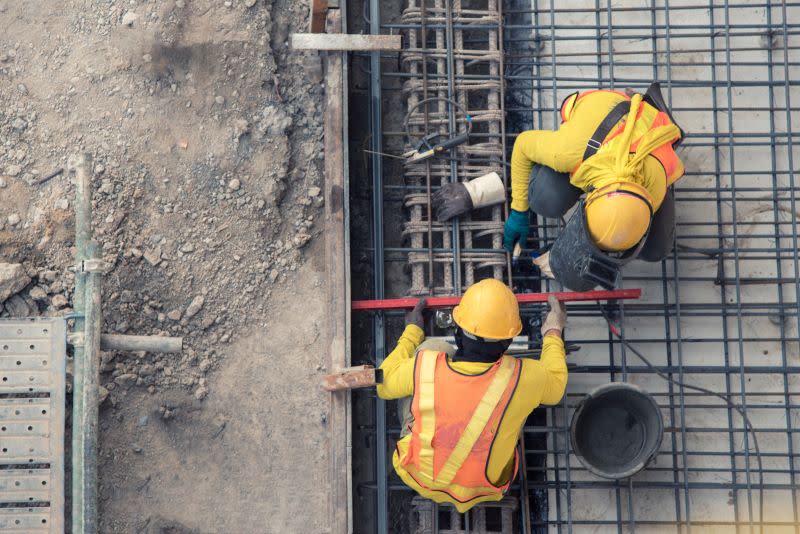Building Resilience: Overcoming Residential Development Challenges

In a pivotal year, the property industry must leverage innovation and quality to forge a path through ongoing challenges, writes Landmark Group chief executive Arash Tavakoli.
The residential development sector has faced unprecedented challenges since the impact of the pandemic.
Some of the most significant tests of the past few years have included severe labour shortages, cumbersome approval processes, the rising costs of raw materials and wavering consumer confidence.
However, these challenges present us with a unique opportunity to innovate, reaffirm our commitment to quality and integrity and renew optimism for the resilience of our industry.
Worker drought
The Covid-19 pandemic has fundamentally altered the labour landscape, resulting in significant shortages across various sectors.
Labour shortages have affected everyone from white collar to blue collar workers, council planners to consultants, subcontractors to office staff.
This shift has been particularly pronounced in residential development and construction, where the demand for skilled labour far outstrips supply.
Earn the commute
Increasing migration policies would have a profound effect on bolstering the local workforce, which would address our immediate labour needs while building a sustainable foundation for future growth.
Equally important is enticing people back to the office—which is key to attracting staff, returning productivity to pre-pandemic levels and bolstering creativity, collaboration and efficiency.
Approvals hurdles
The sluggish pace of development approvals from council processes presents another significant hurdle.
These delays, exacerbated by labour shortages, have had a ripple effect as authorities like local council and Sydney Water struggle.
This is hindering our ability to initiate new projects promptly, impacting individual projects and slowing the overall pace of development, contributing to housing shortages and inflation.

Density
Land supply is another factor but, in this context, the NSW Government’s initiative to release more land and increase density through State Environmental Planning Policies (SEPPs) is a commendable step.
There are a series of draft SEPPs that are coming in to increase density, which will unlock land for redevelopment of medium to high density residential.
Increasing land release and modifying planning policies to support higher density developments will also help address housing shortages and rental undersupply.
Cautious consumer
The current economic climate, marked by rising interest rates and inflation, has understandably led to a dip in consumer confidence.
Affordability has become a significant concern for potential buyers, impacting the demand for new properties.
The rising price of raw construction materials also pushed prices skyward but as material and shipping costs decrease again, we’re seeing some relief.
The Building Commissioner’s office has done a significant job of helping to restore consumer confidence, as compliance measures are raised.
Focusing on delivering competitive, high-quality housing is also crucial.
At Landmark, our developments come complete with a 10-year structural guarantee, exceeding the industry standard of six years, giving potential buyers much-needed peace of mind.
Innovation needed
In 2024, the industry finds itself at a juncture and the challenges we face require an innovative response.
Boosting workplace engagement, increasing migration for labour, streamlining approval processes and providing consumers with high quality offerings will do more than just give us the capacity to address the current challenges.
It will also lay the foundation for a more resilient and dynamic industry.
The Urban Developer is proud to partner with Landmark to deliver this article to you. In doing so, we can continue to publish our daily news, information, insights and opinion to you, our valued readers.














